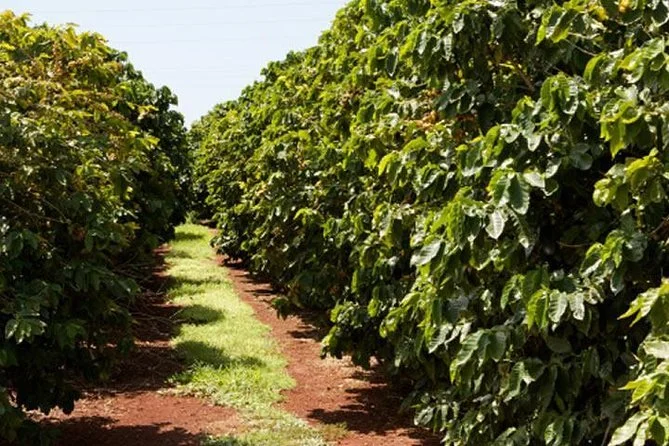Alarm in Africa Over Rapid Conversion of Coffee Farms Into Residential Estates
Across Africa, a troubling trend is emerging: the swift transformation of coffee farms into residential and commercial estates. This shift, driven by urban expansion and economic pressures, poses significant threats to the continent's coffee industry, a vital economic and cultural cornerstone.
Kenya's Coffee Heartlands Under Threat
In Kenya, the Coffee Research Institute (CRI) has highlighted the alarming rate at which coffee farms are being repurposed for real estate development. Dr. Elijah Gichuru, CRI Director, notes that areas such as Ngong Hills, Kajiado, National Museum Hill in Nairobi, and Gigiri, once thriving coffee estates, have been transformed into urban settlements.
The decline in coffee profitability, coupled with urban expansion, has led to annual yields stagnating between 38,000 and 51,000 metric tonnes. Business Daily
A notable example is the planned clearance of over 300 acres of coffee plantations in Gatundu South, Kiambu County, to construct 10,000 modern housing units. While developers argue this addresses housing demands, it raises concerns about the loss of prime agricultural land.
A Continental Concern
This issue isn't confined to Kenya. In Ethiopia, Uganda, and Tanzania, similar patterns emerge. Farmers are increasingly turning to organic certified coffee farming to boost earnings, yet the allure of immediate profits from land sales to developers remains strong. Tea & Coffee Trade JournalAfrican Business+1Tea & Coffee Trade Journal
Uganda: Urban Development Encroaches on Farmlands
Uganda's capital, Kampala, is witnessing similar patterns. The Nakawa–Naguru Estates, once agricultural lands, are undergoing transformation into a mixed-use urban development. This shift reflects the broader trend of urban expansion overtaking traditional farming areas. Wikipedia
South Africa: Agricultural Lands Yield to Luxury Estates
In South Africa, the Western Cape's Durbanville region has seen former farmlands converted into upscale residential estates like Pinehurst and Clara Anna Fontein. This development boom has altered the town's character, transitioning it into a high-income suburb. Wikipedia
Similarly, the Zandspruit Bush & Aero Estate in Limpopo Province has transformed 350 hectares of land into a unique residential area combining wildlife conservation with aviation facilities. This innovative approach, while appealing, underscores the shift from traditional agriculture to alternative land uses.
The Way Forward
Joro Coffee believes in the resilience and potential of Africa's coffee industry. To counteract this trend, we advocate for:
Enhanced Farmer Support: Providing farmers with better access to markets, fair pricing, and agricultural education to make coffee farming more profitable.
Policy Intervention: Encouraging governments to implement policies that protect agricultural land from unchecked urban development.
Community Engagement: Working with local communities to highlight the cultural and economic importance of coffee farming.
By taking collective action, we can ensure the preservation of Africa's rich coffee heritage for future generations.

